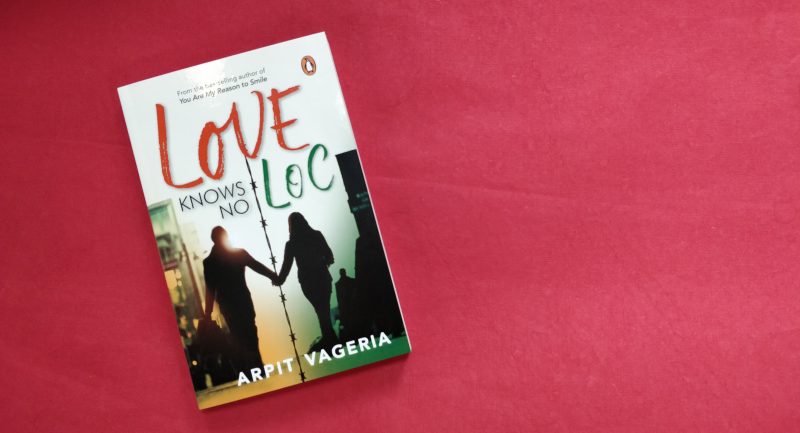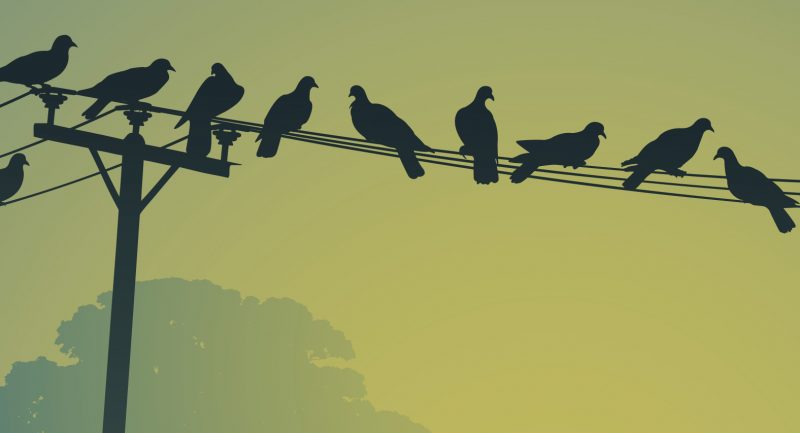
Deborah Baker’s new book is titled The Last Englishmen: Love, War and the End of Empire. In this special piece by the author, she tells us how she came across this story.
My intention always was to write a book set in India during WWII. I wanted to find a story that would contrast the Indian experience of the war with that of the one the West is more familiar with. I wanted to complicate the picture of a beleaguered little England fighting all by itself on behalf of democracy and freedom. To tell the whole story I needed to begin with the Non-cooperation movement in the 1920s and carry it up to Indian Independence in 1947.
My last book had two settings, Lahore and New York, and three obscure “characters.” As I reached the end of that book I imagined undertaking something more expansive for my next book. I wanted more room, with more settings, more characters, and perhaps a love story. That was the Dr. Zhivago fantasy. I also wanted to weave well known historical figures together with unknowns.
But as I am not a novelist, I couldn’t make up a story. I had to find one. I spent more than a year reading books about India and the war. I also read a great deal about the Indian struggle for Independence (often treated as a separate subject from the war, rather than in tandem). I paid particular attention to the way the debate over India’s role in the war and its aspirations for independence played out in America. I didn’t find my story, but I learned lots from Indian scholarship. Several important books on the subject were published in the course of my research. Then an archivist suggested I read the correspondence between the great English poet W H Auden and his brother John.
I’ve often written about poets. Some poets seem to have their fingers on the pulse of history. I’ve always admired Auden’s poetry and I knew that his decision to remain in America while England went to war and suffered through the Blitz was a painful one. He was called a rat and a traitor by fellow writers. Stephen Spender, a friend, publicly criticized him. Questions were raised about him in Parliament. I was curious to figure out, too, what this generation of 1930s writers, one of the most politically aware when it came to unfolding events in Europe, felt about their Empire, about India. As far as I knew, no one had asked this question of them. To some extent W H Auden’s poetry provided me a view finder. So that was in my head when I sat down to read the correspondence between Wystan Auden and his elder brother.
John Auden was a Himalayan explorer. He lived in Calcutta from 1926 to 1953, working out of the Geological Survey of India as a geologist. John’s archive led me to Michael Spender (Stephen’s older brother and – coincidentally — another explorer of the Himalaya) and to Nancy Sharp, a London painter they both fell in love with in 1938. John also led me to Sudhindranath Datta and his circle of poets and intellectuals in Calcutta and to an English ICS officer and a vicar working for the Indian Communist underground. So the story I found involved a motley circle of artists, poets, explorers, officials and intellectuals in both Calcutta and London and the ways in which their lives were intertwined.
With John, Michael, and Nancy’s cris crossing storylines I was able to weave the story of the quest for Everest’s summit, the golden age of Himalayan exploration, with both the proxy wars for supremacy taking place in Europe, and with the Indian struggle for freedom in the lead up to the war. At a certain point the narrative would turn on who Nancy chose. This choice helped define where their loyalty lay, to England and its unraveling Empire or to India and its Independence.
Forster famously said, “If I had to choose between betraying my country and betraying my friend, I hope I should have the guts to betray my country.” (Both Forster and Orwell have cameos in the book). Throughout the 1930s the question of loyalty and betrayal was ever present. After the senseless massacres and false propaganda of WWI, notions of loyalty and duty to King and country became more fraught. If not for one’s country, for what ideals or causes would one sacrifice one’s life? Indians, alienated from those who ruled their country, asked themselves similar questions.
Did their loyalty lie with the Empire or with the Comintern, with the poor landless peasant of Bengal or with Gandhi? With the western democracies or with the fascist authoritarian states? With white people or brown people? Working class or ruling class? Finally, which came first, the person they loved or their nation?
All my subjects came up with different answers.
The Last Englishmen is an engrossing and masterful story that traces the end of empire and the stirring of a new world order. For more posts like this, follow Penguin India on Facebook!









